Books for Therapists on Neuroscience
In spite of extensive research, theories, and studies about the human brain, the truth is that there is still much that we don’t understand about it. However, this section is dedicated to demonstrate what we do know about our neurobiology and neuropsychology – and it is groundbreaking. In addition, the following authors also pose important questions for future studies and teach how to implement this knowledge in your practice.
To keep this site running, we are an Amazon Associate where we earn from qualifying purchases. While these links are amazon affiliate links, the selection of books remains accurate and unbiased.
“A Brief Tour of Human Consciousness: From Imposter Poodles to Purple Numbers” by V. S. Ramachandran
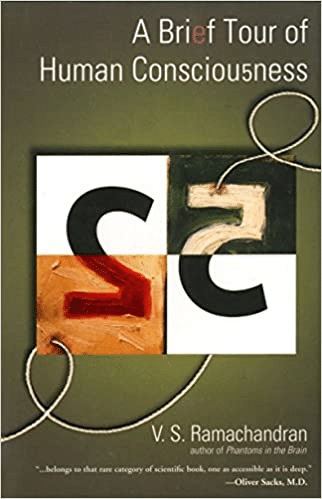
In this neuroscience masterpiece, V.S. Ramachandran gives us an exciting and wonderful tour of the human mind and all of its mysteries. If you ever asked yourself how our notions of beauty came to be, why some people see colors in numbers, why amputees feel pain in limbs they no longer have or any other series of baffling questions pertaining to the brain, this book is for you. Ramachandran will show you how we sometimes don’t even understand the thoughts in our own head, in a tour that you’ll never want to end.
“Being a Brain-Wise Therapist: A Practical Guide to Interpersonal Neurobiology” by Bonnie Badenoch
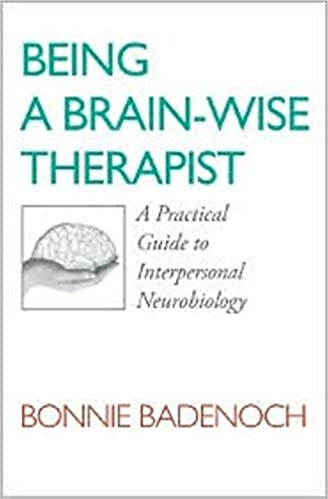
Applying neurobiology to the practice of psychotherapy is no easy task, but reading Being a Brain-Wise Therapist is certainly a great start. By beginning her explanation at the basis of neurological knowledge, with such things as structure and function, author Bonnie Badenoch teaches how to apply the solid theory in your clinical work. Complex concepts are made easy by clear exercises and case studies in this thought-provoking book.
“Change your Brain, Change your Life” by Daniel G. Amen
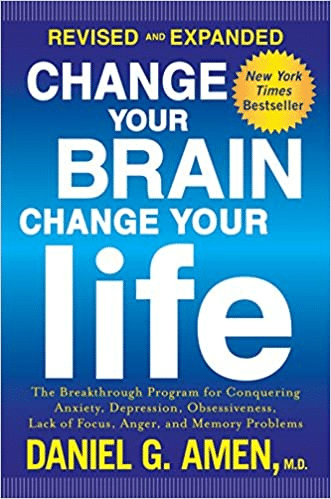
Doctor Daniel G. Amen presents us with a logical yet often underrated affirmation: if you change your brain, you can change your life. That’s why throughout the course of this book, Amen will give us a series os “brain prescriptions”; that is, a series of evidence-based solutions to resolve common problems like anxiety, depression, obsessive worrying and others. Change Your Brain Change Your Life is guaranteed to provide us a better understanding of our emotions, and hot to take charge of them.
“Neuropsychotherapy: How the Neurosciences Inform Effective Psychotherapy” by Klaus Grawe
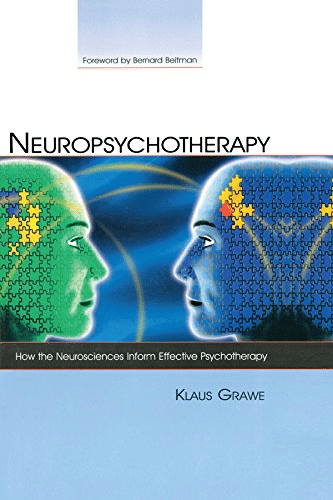
Essential for any professional that works with mental health and seeks to understand more about neuroscience, this book provides fresh insight into how the brain plays into the development and treatment of mental illnesses. In detailed yet concise writing, Neuropsychotherapy illuminates the ways in which having a neuroscientific perspective on mental health can be extremely beneficial both for the patient and the therapist.
Want a resource for every situation? We’ve got you covered.
There’s a huge amount of resources for therapists out there. We’ve made a resource for any topic between starting a practice to dealing with a patient problem. Inside you will find books, podcasts, TED talks, worksheets and forums. Sounds like it can help you now or in the future? Simply enter your email and it’ll be in your inbox for you to use!
“Neuroscience for Counselors and Therapists” by Chad Luke
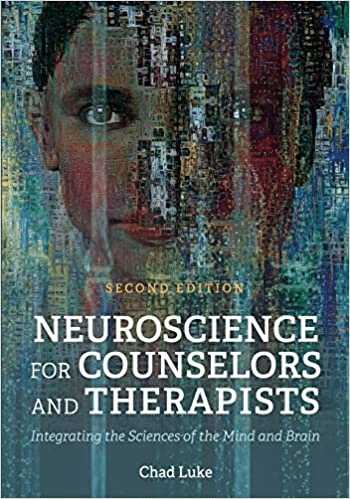
Neuroscience for Counselors and Therapists aims to be a practical guide on how to integrate neuroscience and the concrete models of practice. In an accessible and engaging manner, professor and counselor Chad Luke elucidates the challenges and the benefits of inserting principles drawn from neuroscience into the clinic, guiding us through this process. Additionally, the book will show us how it all connects to our cultural experiences.
“Phantoms in the Brain: Probing the Mysteries of the Human Mind” by V. S. Ramachandran
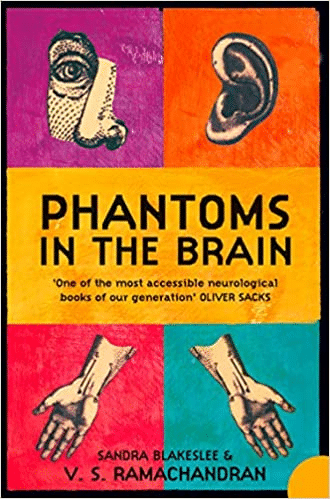
In this book, neuroscientist and author V.S. Ramachandran draws from his extensive research to uncover an unfamiliar part of our minds. Using key examples, Phantoms in the Brain exposes the longing of our brain to be constantly following a script, and how it can still do that even after life-altering changes. Be prepared to be bewildered by explanations and simple experiments that point to a still-mysterious part of our brain.
“Pocket Guide to Interpersonal Neurobiology: An Integrative Handbook of the Mind” by Daniel J. Siegel
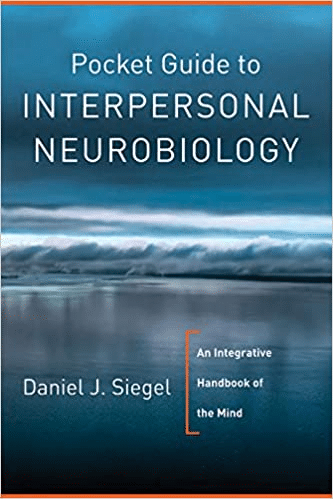
Daniel J. Siegel is a renowned psychiatrist that, with this book, presents a profoundly intersectional and complex discussion in a way that we can apply it to our professional and personal lives. Tracing a narrative that connects mind, brain and relationships with others, Siegel’s book is truly a pocket guide for those asking the deep questions in life, as it explains the concept of Interpersonal Neurobiology, and what it has to do with our mental health.
“The Healing Power of Emotions: Affective Neuroscience, Development, and Clinical Practice” by Daniel J. Siegel, Marion F. Solomon, and Diana Fosha
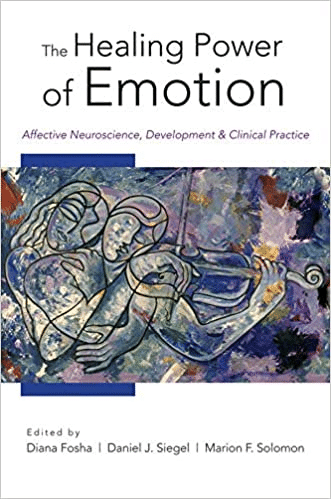
With roots in the Interpersonal Neurobiology field, The Healing Power of Emotion offers a raw and accessible way of understanding emotions as a path to healing. Explaining first the basics of good and bad emotions, then moving on to more complex and detailed concepts, this educational book presents a revolutionary view on our emotions and the role they play in every single aspect of our lives.
“The Neuroscience of Psychotherapy: Healing the Social Brain” by Louis Cozolino
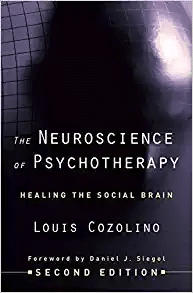
In an approach based on the approximation between the fields of psychotherapy and neuroscience, author Louis Cozolino explains the critical importance of understanding neuroscientific concepts when treating patients. With clear writing, this book aims to teach us the basics of the brain and how it relates to complex systems like memory and language, but also to commonly reportedly mental health problems such as anxiety and trauma.
“Psychoneurowissenschaften” von Gerhard Roth, Andreas Heinz und Henrik Walter
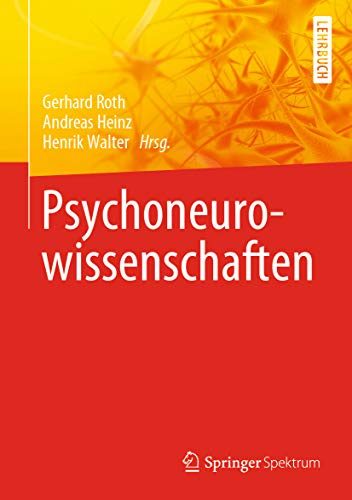
The book bridges the gap between “neurosciences” (theoretical and experimental neurobiology, neurology) and the “psycho sciences” (psychology, psychiatry, psychotherapy) and aims to help the other disciplines provide the most important and scientifically proven knowledge in an understandable form. The question of how psychological experience and brain processes relate to one another has long been considered mysterious. In this book you will learn, based on the latest scientific findings, that both areas form an indissoluble unit, even if we experience and examine them differently. We represent this unit in concrete terms in psychological-neurobiological theory and psychiatric-psychotherapeutic practice.
Looking for other books or resources?
Check out the ones below, or click below to download all of the resources we have!